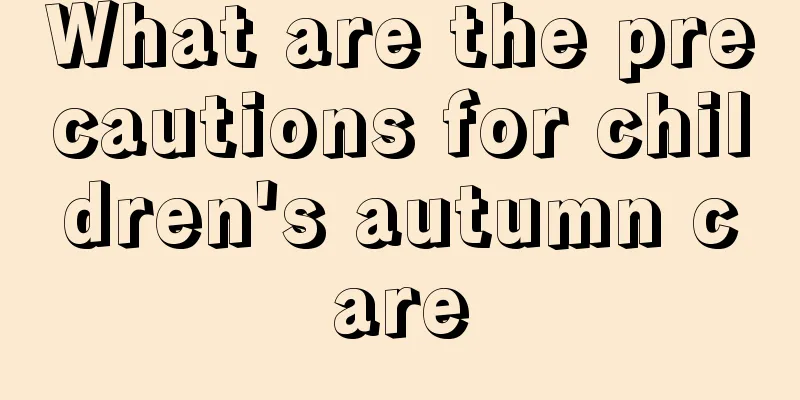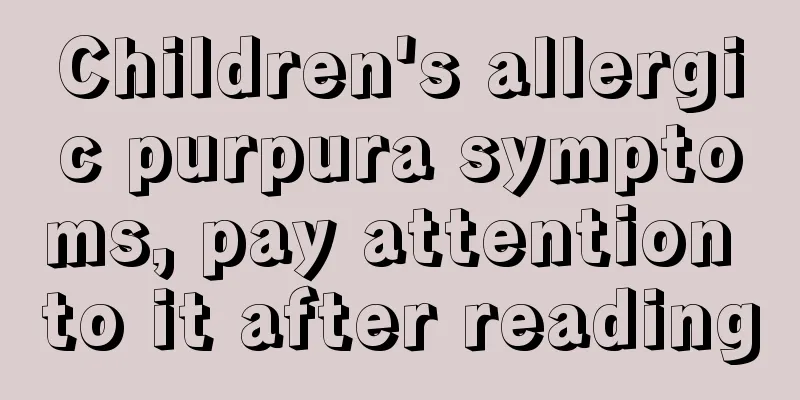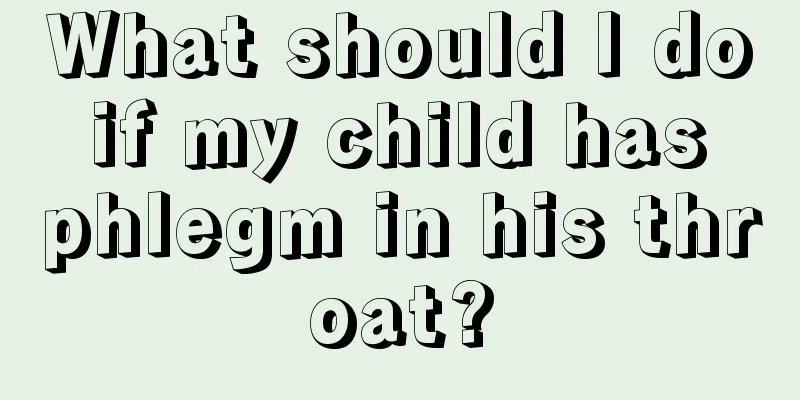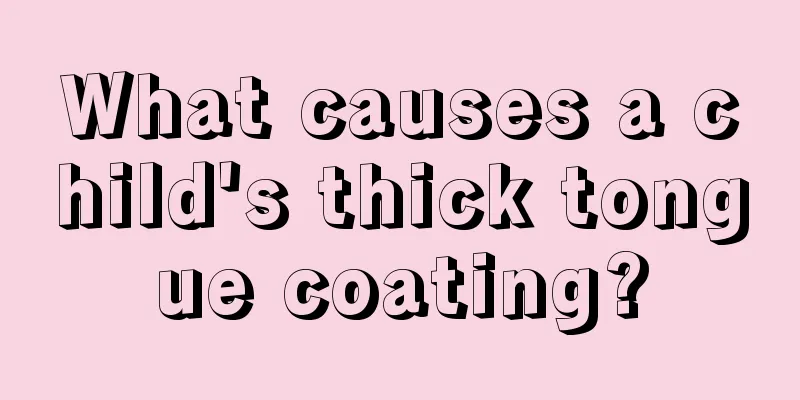The harm of vaccination for diarrhea
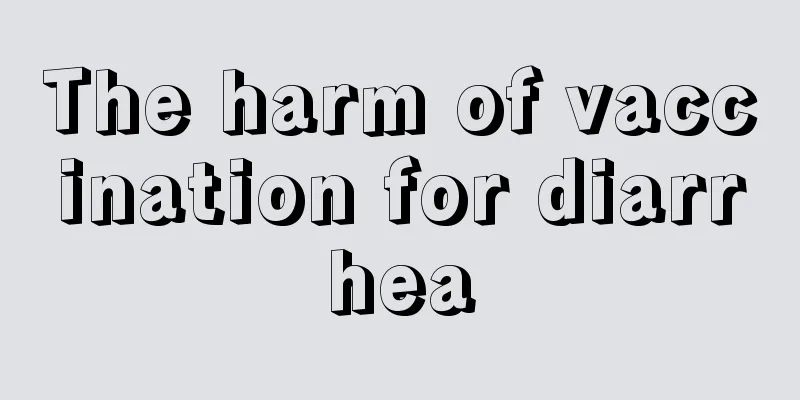
|
The gastrointestinal system of babies is relatively poor and is very prone to some adverse effects. Diarrhea is one of the more common conditions, which has a relatively large impact on babies. Not only will they always have stomach pains, but it will also lead to physical maldevelopment of the baby. Some parents will give their babies vaccinations when they have diarrhea. This is harmful. Here are some of the dangers of giving babies vaccinations when they have diarrhea. First, what are the consequences of a baby getting a vaccination for diarrhea? Vaccinations are actually attenuated or inactivated vaccines. After the baby gets the vaccination, the body's immune system produces a specific immune response against the antigen, and the baby will have symptoms such as redness, swelling, fever, and pain. When a baby has diarrhea, his body's immunity is actually relatively weak. If he gets vaccinated at this time, not only may the diarrhea symptoms worsen, but other reactions after the vaccination may also worsen. Second, there are situations where babies should not be vaccinated. 1. Babies cannot be vaccinated while they have a cold or fever, otherwise the symptoms may worsen. 2. Babies who are recovering from an infectious disease, or babies who have a history of contact with acute infectious diseases but have not passed the quarantine period, cannot be vaccinated, otherwise adverse reactions are likely to occur or the original condition will be aggravated. 3. Babies with asthma, eczema, urticaria and allergic constitutions are prone to allergic reactions after vaccinations, especially measles vaccines, diphtheria, tetanus and pertussis mixed vaccines and other vaccinations with strong allergens, which are more likely to cause allergic reactions. Children with a history of epilepsy and convulsions are prone to syncope, convulsions, and shock when receiving vaccinations, especially Japanese encephalitis vaccine and diphtheria-tetanus-pertussis combined vaccine. People with severe rickets should not use polio sugar pills. 4. Children with acute and chronic kidney disease, active pulmonary tuberculosis, purulent skin diseases and purulent otitis media may experience various adverse reactions after vaccination, which may aggravate the original condition and affect the recovery of the sick child. It must be pointed out that children with congenital heart disease can still receive vaccinations as long as their function is good. 5. During the vaccination period, if the child is feeling uncomfortable, has symptoms such as vomiting, diarrhea, and severe cough, the vaccination can be temporarily postponed with the doctor's consent, and the vaccination can be given again after the symptoms improve. |
<<: Preventing suppuration of injection wounds
>>: Can children take a bath after vaccination?
Recommend
Treatment of bronchiectasis in children
Bronchiectasis in children makes many mothers ver...
What to do if a newborn baby has red spots on his face
What is the reason for red spots on the face of a...
How to prevent and treat astigmatism in children
Astigmatism is a relatively common vision disease...
What are the reasons why babies move their hands and feet when they sleep?
Nowadays, children are the apple of every family&...
Why does my baby have hot hands and feet but a cold neck when sleeping?
When there is a baby in the family, the whole fam...
What to do if your child keeps coughing and vomiting
Cough is one of the most common symptoms of influ...
Symptoms of ADHD in a three-year-old baby
For three-year-old babies, this is the time when ...
Why does a newborn baby have diarrhea after drinking breast milk?
The digestive system of a newborn is relatively p...
What should children with precocious puberty pay attention to in their diet?
Most of the precocious puberty in children is cau...
What is the cause of the white spot on the baby's face?
We all know that the baby's skin is particula...
The baby's hand suddenly swelled
Parents are very careful when taking care of thei...
What to do if a child has a fever of 40 degrees
We all know that when a child has a fever of 40 d...
Nursing methods for two-month-old baby with diarrhea
In fact, for a two-month-old baby, his body is re...
How to treat sinusitis in a two-year-old baby
Adults are very anxious when children get a littl...
Causes of neonatal erythema
In winter, you often see red cheeks, as red as ap...


